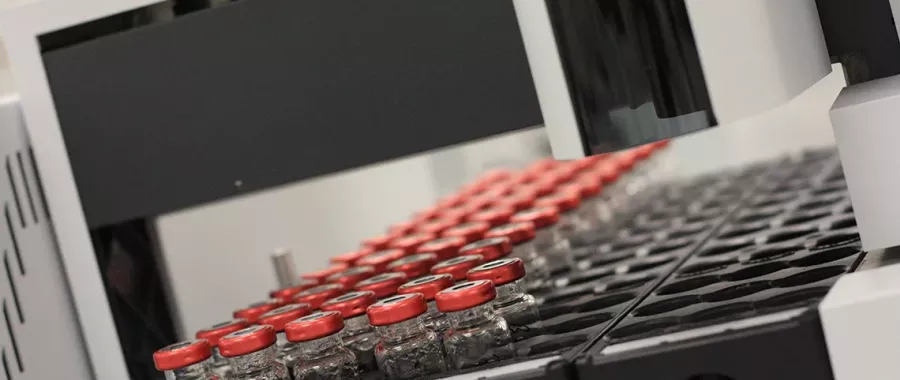Cute, beautiful and majestic, polar bears will have graced the front of Christmas cards on many a mantel piece over the recent festive period, but endangered can now be added to the adjectives that we use to describe these stunning animals.

At the top of the arctic food chain, polar bears are faced with an increasing list of threats to their survival, with one of the most pressing being persistent organic pollutants. In his latest blog Paul Walker, senior development specialist, Advanced Chemistry & Research, at SOCOTEC, describes what duty holders can do to limit the risk of POPs.
What are POPs?
Persistent organic pollutants, (POPs) are toxic chemical substances that are resistant to breakdown and can therefore enter food chains, reaching their greatest concentrations in predators and resulting in potential impacts on human health, animal health and the environment. As such, the manufacture, sale and use of products containing POPs are now banned in the UK, although there are exceptional circumstances where materials or products containing POPs can still be used.
How do POPs affect polar bears?
A recent report has assessed the risk of POP mixtures on the arctic food chain. In their natural habitat, the arctic, polar bears sit at the top of the food chain. With POPs remaining intact for long periods, the toxic substances are likely to enter the food chain at its lowest level. Consequently, as natural predators, polar bears have an increased risk of ingesting POPs. According to the study the risk for adult polar bears is two orders higher than that for seals and, worryingly, three orders higher for bear cubs, threatening the extinction of future generations.
What can be done to change this?
There is some relatively good news in that there is an obvious decrease in risk from POPs in today’s arctic ecosystem when compared with the levels from the 1980s. This can be attributed to international efforts to eliminate and restrict the use and disposal of POPs. These control measures include legislation, such as Persistent Organic Pollutants Regulations 2007 and the latest amendment The Commission Regulation (EU) 2016/460, which came into force on 30 September 2016. This legislation amends Annexes IV and V to Regulation (EC) No 850/2004 of the European Parliament and of the Council on Persistent Organic Pollutants (POPs) and prohibits the manufacture, supply and use of POPs including the most recently identified, Hexabromocyclododecane (HBCDD).
Hexabromocyclododecane (HBCDD) is a brominated flame retardant that can be found in polystyrene insulation foam, as well as materials such as upholstered furniture, car interiors and many forms of packaging material. With this in mind, duty holders dealing with the disposal of waste should be made aware of the latest legislation so that they understand that these materials will need to be tested for HBCDD as a POP.
How does this affect duty holders?
To help protect the environment, materials at risk of containing POPs should now be tested for the toxin before being sent to landfill or for recycling, in accordance with the levels outlined in Persistent Organic Pollutants Regulations 2007.
What can duty holders do to help?
It pays to be safe as Duty of Care requires that all waste be correctly described and classified before disposal and this is of course the responsibility of the duty holder. Of concern, duty holders can unintentionally fall foul of the POPs legislation if they are not up-to-date with the latest amendments such as The Commission Regulation (EU) 2016/460. For example, when disposing of building rubble, insulation that contains expanded polystyrene could accidentally be sent to landfill if the duty holder is unaware of the presence of HBCDD, the POP most recently identified by the Stockholm Convention. In light of this, I would definitely advise people to test their materials before sending to landfill if they have the slightest doubt. Not only will it ensure duty of care, but it will also help to protect the wider environment and important ecosystems far from our shores.
Are you up-to-date with the latest POPs legislation? Contact us at salesuk@socotec.com
Do you know which tests are available to ensure responsible waste disposal?
Get in touch with our Advanced Chemistry & Research team today.

You might also like






Add new comment